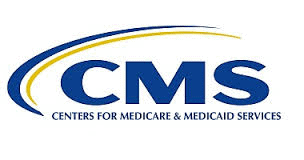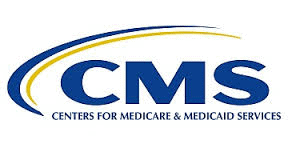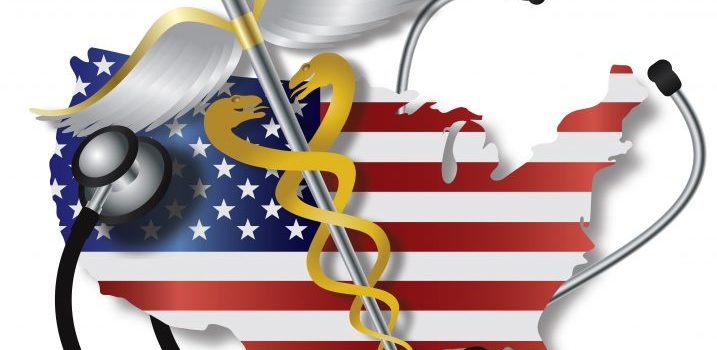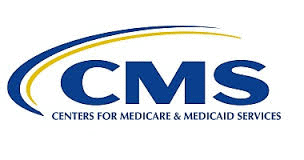Changes in the way the Centers for Medicare & Medicaid Services (CMS) pays for primary care will push roughly $140 million to providers next year—with provisions in a new rule bringing another $60 million for a total of $200 million above 2016 payments. There may be even more coming down the road, as CMS says several coding and payment changes could eventually lead to as much as $4 billion or more being funneled into care …
Read More









